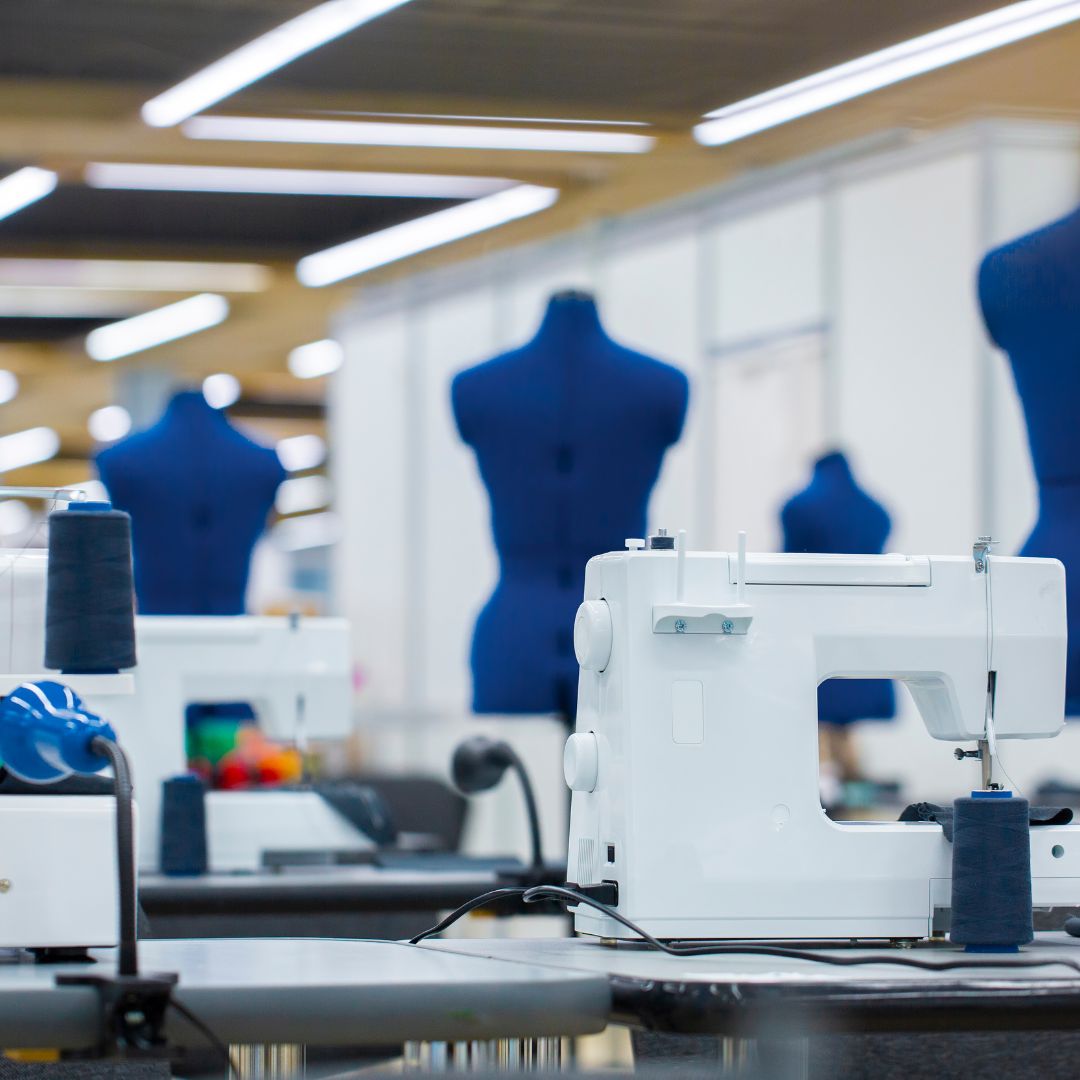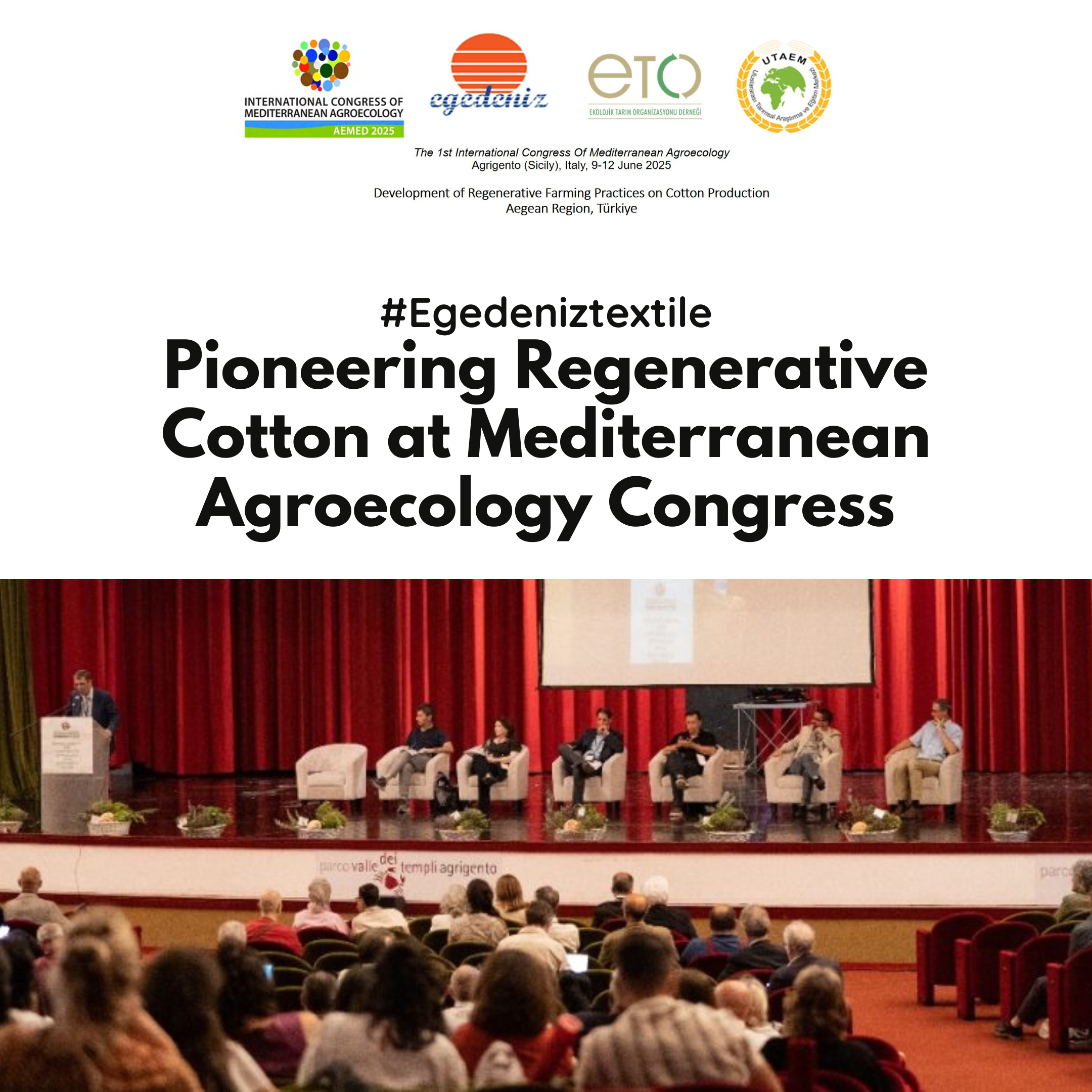Sustainability is becoming a key consideration for investors, regulators, and most importantly consumers, the people like us. As the effects of climate change become more apparent and the demand for sustainable products increases, it is likely that all brands will eventually have to adopt sustainable practices in order to remain competitive and meet the expectations of their stakeholders.
This shift is already underway, with many leading brands investing in sustainable materials, production processes, and supply chain management.
Consumers are becoming more conscious of the environmental impact of their purchases and are increasingly looking for brands that align with their values and offer sustainable products.
In addition, governments and regulators are increasingly setting sustainability standards and requirements for companies, which is driving the shift towards a more sustainable fashion industry.
Companies that do not adopt sustainable practices may face reputational risks and regulatory penalties.
Therefore, it is important for all brands to take a proactive approach to sustainability and embrace sustainable practices sooner rather than later in order to stay ahead of the curve and meet the evolving expectations of their stakeholders.
Here are some steps that can be taken to move towards a more sustainable fashion industry:
Reduce waste:
One of the biggest challenges in the fashion industry is the amount of waste it generates. To reduce waste, companies can focus on using more sustainable materials, such as organic cotton, and recycled, and biodegradable materials. They can also implement practices like zero-waste pattern-making, reducing overproduction, and using scrap fabric to create new products.
Increase transparency:
Companies can increase transparency by being open and honest about their supply chain and production processes. This can include disclosing information about where materials come from, how they are made, and how they impact the environment, building trust with customers, and creating a demand for more sustainable products.
Promote circular economy:
The traditional linear model of “take, make, waste” is no longer sustainable. Companies can embrace a circular economy by designing products that can be reused, repaired, refurbished, or recycled. This can help extend the life of products, reduce waste, and create new business opportunities.
Engage in eco-friendly production processes:
Companies can implement eco-friendly production processes, such as using renewable energy sources, reducing water usage, and minimizing toxic chemical use. These practices can help reduce the environmental impact of production and create a more sustainable supply chain.
Invest in education and research:
Companies can invest in education and research to develop new sustainable materials, production methods, and business models. By investing in sustainability, companies can create new opportunities, foster innovation, and contribute to a more sustainable future.
Assess current practices:
Before making changes, companies should assess their current practices to determine areas that need improvement. This can include analyzing the materials used, production processes, and supply chain practices.
Continuously monitor and improve:
Companies should continuously monitor and evaluate their sustainability practices and make improvements where necessary. This can include tracking their environmental impact, monitoring the use of resources, and reducing emissions. Have at least one individual tracking the sustainability and impact of your business to evaluate and report.
Lead by example:
Companies can lead by example by creating and promoting sustainable products and sharing their sustainability story with customers and stakeholders. This can help build a culture of sustainability and create demand for more sustainable products.
Encourage repair and reuse:
Companies can encourage repair and reuse by creating products that are durable and easy to repair. This can help reduce waste and extend the life of products, reducing the environmental impact of production. Build ethical green marketing campaigns and activities, get in touch with customers closely through surveys, forms, etc., and encourage them to become more ethically sustainable buyers.
We believe that by taking these steps cautiously and gradually, companies can move towards a more sustainable fashion industry while minimizing any negative impact and ensuring long-term sustainability, in order to contribute to a more sustainable future, we are providing consulting services for all seeking assistance whether they’re start-ups or established brands aiming to become sustainable.

Read more here: https://www.manifutura.com/pages/consulting-services-for-sustainable-brand-building
Get in touch with our consulting team: info@egedeniztextile.com / info@manifutura.com



